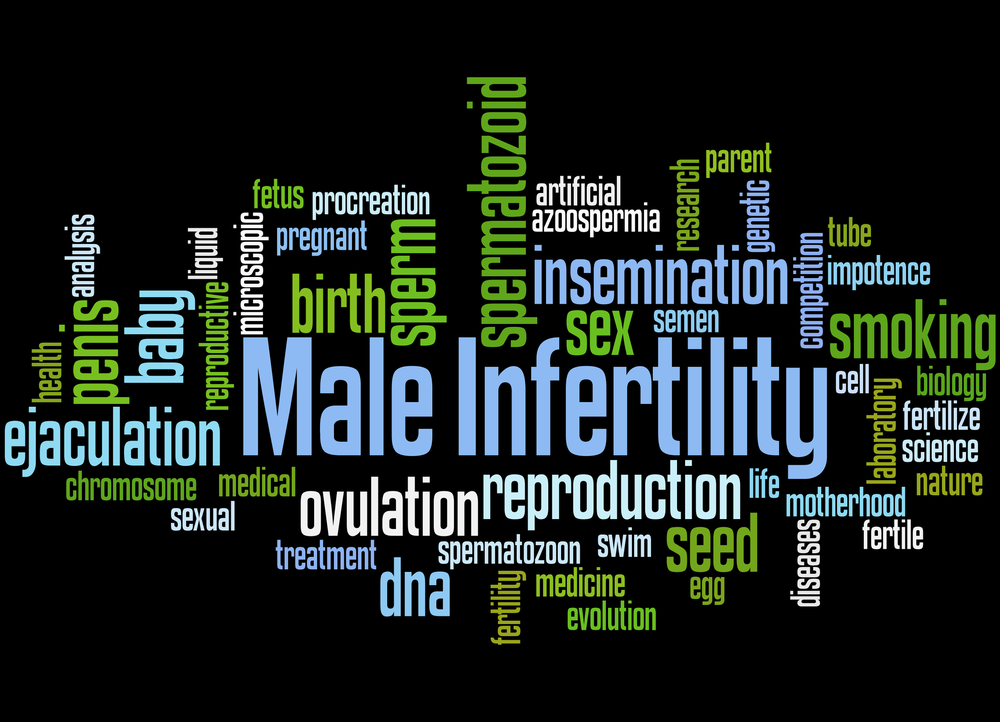

Modern fertility treatments have made it much easier to treat even complex cases of infertility in men. Here's a spotlight on some of them.
Male infertility can come as a blow to a couple hoping to start a family, but with a spate of state-of-the-art technologies putting India on the edge of fertility innovation, several new avenues are now available to couples. Treatments are typically tailored to the underlying cause of the infertility, and can be addressed medically or surgically, or, in more complex cases, via assisted reproductive technologies.
Book an appointment with Dr. Radhika Sheth for fertility concerns.

Male infertility may be treated with medication when the root cause is addressable without surgery. Some scenarios are highlighted below.
Anejaculation refers to a state of no semen. Although extremely rare, this condition may be caused by spinal cord injury, diabetes, prior surgery, multiple sclerosis, congenital anomalies or other mental or emotional factors. Medication is usually the first step to treat anejaculation, while rectal probe electroejaculation (performed under anaesthesia) and penile vibratory stimulation may be used as second-line treatments. In vitro fertilisation (IVF) and intracytoplasmic sperm injection (ICSI) may be considered when other male infertility treatment options are exhausted.
Must read - what is IVF?
Congenital adrenal hyperplasia (CAH) is a condition triggered by flawed enzymes, leading to skewed hormone levels. This, in turn, affects sperm production. The condition can be treated with hormone replacement therapy.
Genital tract infections can cause testicular or epididymal issues, leading to infertility. Antibiotics or non-steroidal anti-inflammatories may be advised for treating serious infections and inflammations.
An overproduction of prolactin can cause erectile dysfunction. Prolactin levels may increase due to an existing course of medications or a growth in the pituitary gland. Special medications can lower prolactin levels and restore fertility.
This refers to the non-production of sperm by the testicles, due to poor-performing pituitary hormones. Usually caused by a problem in the pituitary gland or hypothalamus, this may be a congenital or acquired condition. Hormone replacement therapy is normally advised to treat hypogonadotropic hypogonadism.
Retrograde ejaculation is when semen flows backwards instead of shooting out of the penis. It may be caused by diabetes, spinal cord injury, prior prostate or bladder surgery or antidepressants. This condition can be treated with medication, or, in more severe cases, with assisted reproductive technologies.

Surgical treatments may be considered when medication doesn't reap effective results, or is automatically disregarded as a first-line treatment.
A varicocele, or an enlargement of the veins inside the scrotum, can hinder sperm movement. The condition can be treated with a simple surgery called a varicocelectomy.
Azoospermia pertains to a state of absent sperm in the semen. If the condition arises from a testicular blockage, you may be recommended one of three options - a microsurgical vasovasostomy, a vasoepididymostomy or a transurethral resection of the ejaculatory duct. A microsurgical vasovasostomy is a surgery performed to reverse the effects of a vasectomy, while a vasoepididymostomy pertains to a microsurgical method used to connect the upper end of the vas deferens to the epididymis. A transurethral resection of the ejaculatory duct is usually preferred to treat an ejaculatory duct blockage.
If you suffer from infertility, your doctor may recommend medical, surgical or assisted reproductive routes to overcome your condition. The latter is usually recommended when the former two are deemed unviable fertility treatments for your condition. With innovative technologies like IVF, ICSI, preimplantation genetic screening, preimplantation genetic diagnosis and many more, the odds today are more in your favour than ever before. Have your fertility profile assessed on Cloudnine to know your next steps. With advance intervention, you can beat infertility to the finish line.
Must read - What are the causes and symptoms of male infertility?